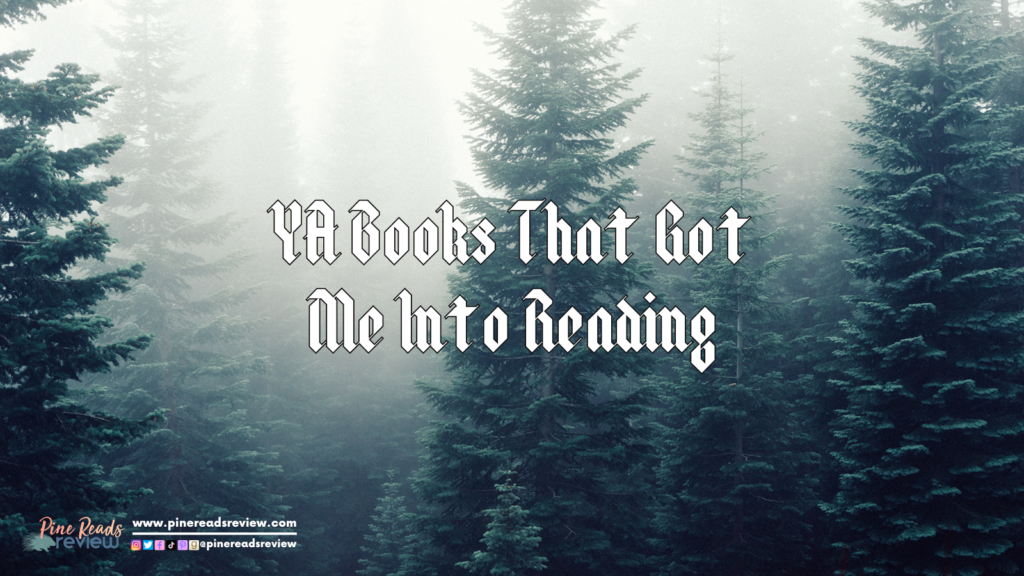
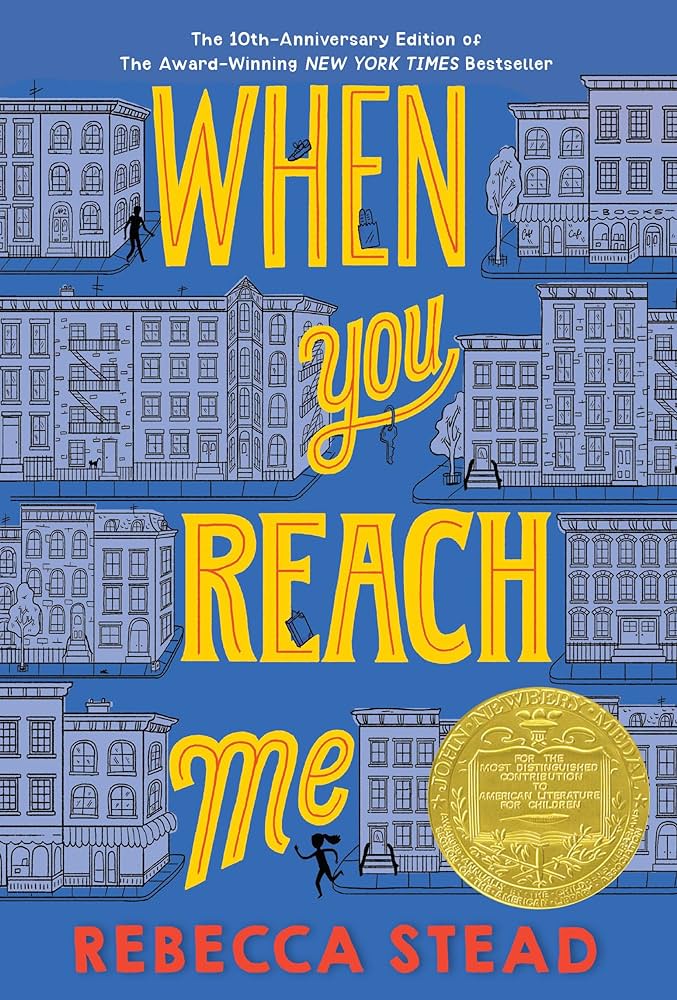
12-year-old New Yorker Miranda receives mysterious messages predicting her future, urging her to prevent a tragic event. As each note draws her closer to the truth, the final message leaves her fearing it might be too late.
This book is a masterpiece and remains the most finely crafted mystery I have ever read. All the small details matter and not a word is wasted. Stead doesn’t let the reader down, and a decade later I still get something new with each re-reading. But most importantly, this book changed my perspective on the sci-fi genre: it showed me that sci-fi is less science, more life, death, and meaning. Everyone should have a copy on their shelf.

This 2004 reinterpretation of J.M. Barrie’s novel Peter Pan follows orphaned Peter and his friends onboard the ship Neverland, where they discover a trunk filled with magical ‘starstuff.’ Pursued by pirates, they embark on a perilous journey to safeguard the powerful substance.
I don’t think Starcatchers would be on this list if it were not my first foray into the world of gritty retellings of classic children’s stories. I remember being thrilled not by the actual story, but the idea that all art is influenced by or directly taken from other works. It showed me that literature is a bridge between the past and present.
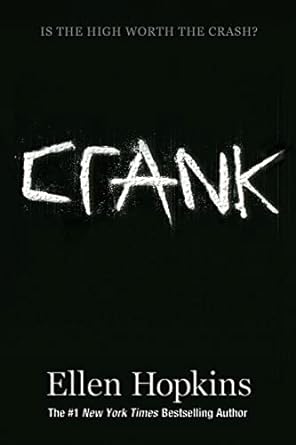
Based loosely on the author’s daughter’s experiences with crystal meth addiction, Crank was essential to my reading journey for two reasons. First, the explicit depictions of the harsh realities of drug use through the lens of a teen was eye opening and informative. Second, the author’s use of free verse to create shapes and images with text changed my narrow understanding of what poetry is and could be. The combination of the two made for a very shocking reading experience, for which I am grateful. I recommend this book to teen readers looking for something avant-garde. Please be aware of the book’s content and consider individual sensitivities before engaging with this material.
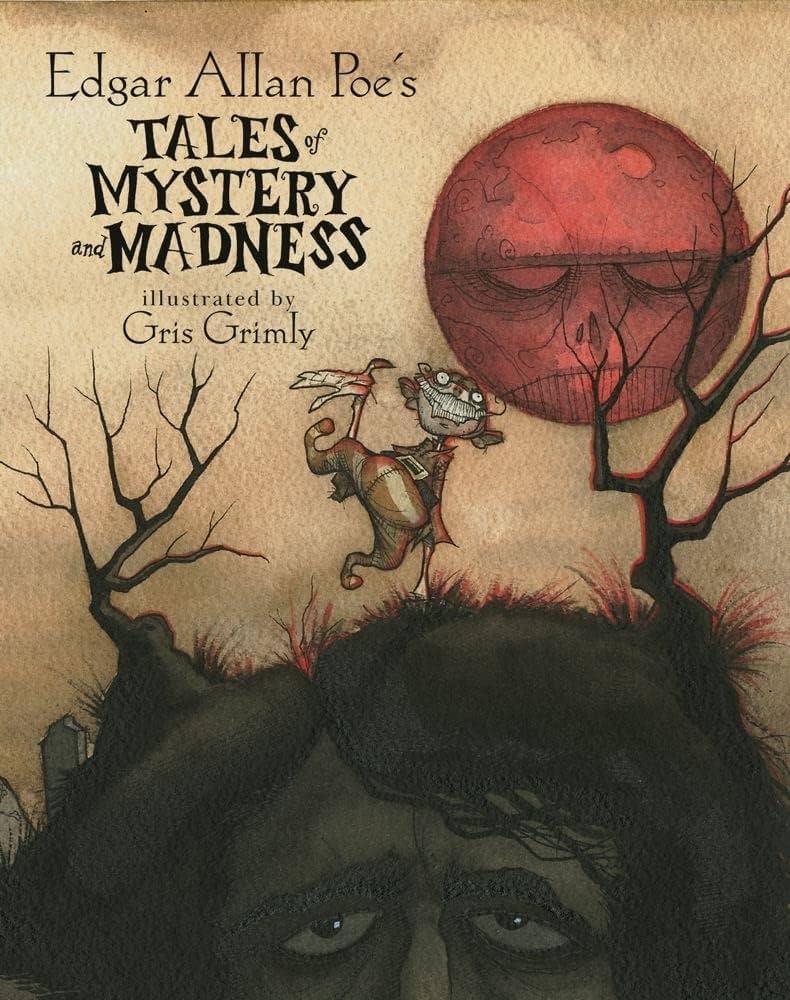
Edgar Allan Poe’s stories like “The Raven” and “A Tell Tale Heart” captured my attention at a young age. I was given Tales of Mystery and Madness and my love for his work grew tenfold. Gris Grimly’s grotesquely whimsical drawings engrossed me in stories that I would have otherwise ignored like “The Masque of The Red Death” or “Hop Frog.” This book sparked my obsession with graphic novels, picture books, and the broader world of illustration. Definitely my favorite on this list.
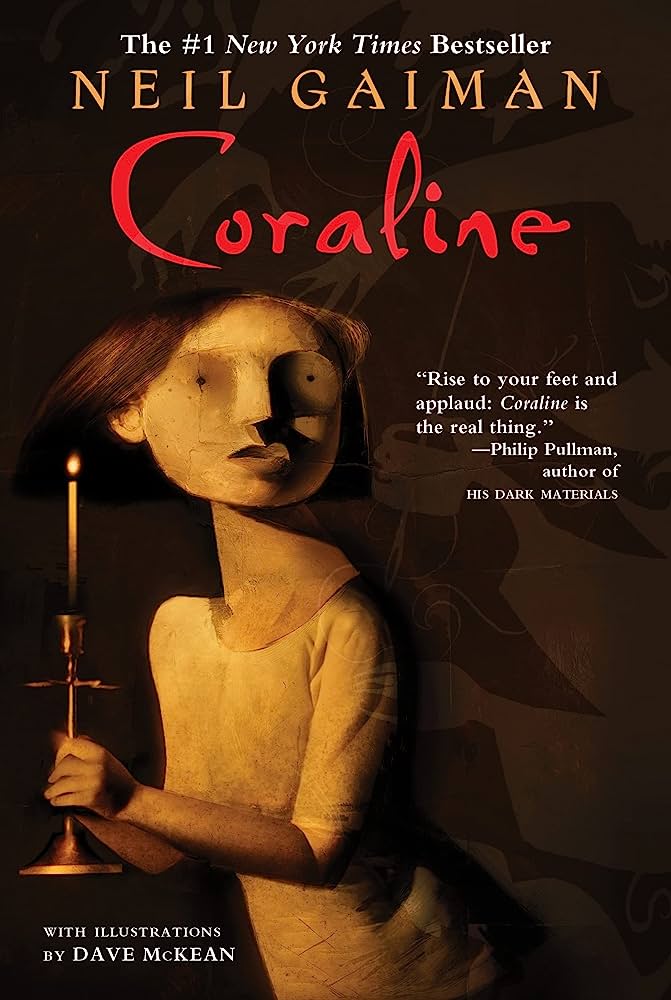
Neil Gaiman was a household favorite growing up, and Coraline was my gateway into the rest of his work. In this novella, Coraline (not Caroline) finds a parallel world through a hidden door, but the seemingly perfect life there hides a sinister truth.
The imagery is vivid, the tone is unsettling, and the pacing is perfect. Coraline is an example of an author respecting their audience, creating a story that is frightening to both kids and adults without being overly graphic. An excellent introduction to the horror genre.

This seminal piece of YA literature was my favorite book for a long time. A mix of graphic novel, picture book, and cinema, the story follows Hugo Cabret, a young orphan living in a Paris train station who unlocks the secret behind an automaton left by his late father.
Of its 544 pages, 284 are filled with incredibly detailed pencil drawings, creating an entirely original reading experience that influenced me to explore more experimental modes of storytelling. I highly recommend this and all other works by Brian Selznick.
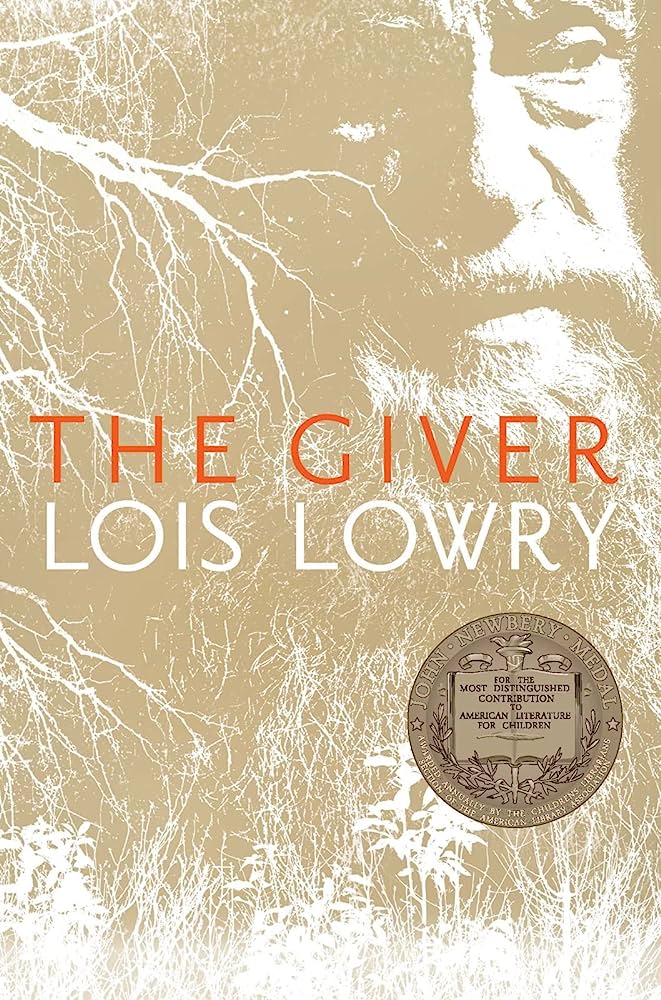
In a seemingly utopian society where emotions are suppressed, a young man discovers the painful truth about his world and inherits its burdens.
For many readers my age, The Giver was an introduction to an important sci-fi sub-genre: dystopias. The idea that utopias and dystopias are two sides of the same coin was really compelling, and I credit Lowry for my continued interest in those ideas.
I highly recommend Ursula K. Le Guin’s 1973 short story “The Ones Who Walk Away From Omelas,” as a companion piece to The Giver.
Kasey Taylor, Pine Reads Review Writer